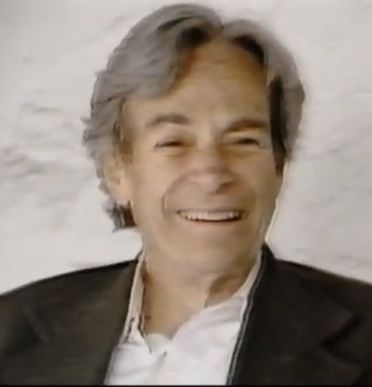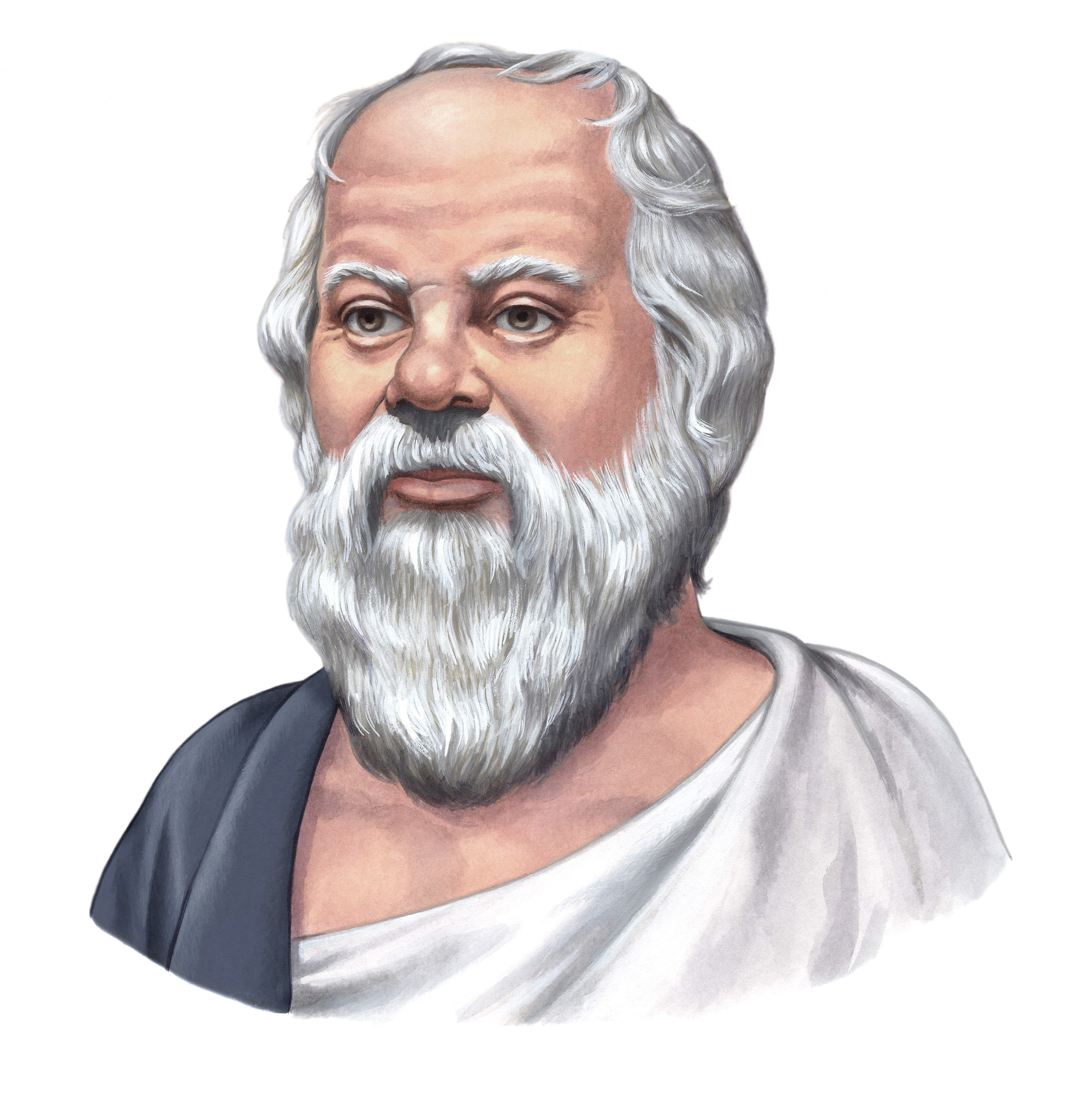 This is a classic Richard Feynman – 1965 Nobel Prize Laureate in Physics, video lecture on how computers think [or not]. As always Feynman gives us an insightful presentation about computer heuristics: how computers work, how they file information, how they handle data, how they use their information in allocated processing in a finite amount of time to solve problems and how they actually compute values of interest to human beings. These topics are essential in the study of what processes reduce the amount of work done in solving a particular problem in computers, giving them speeds of solving problems that can outmatch humans in certain fields but which have not yet reached the complexity of human driven intelligence. The question if human thought is a series of fixed processes that could be, in principle, imitated by a computer is a major theme of this lecture and, in Feynman’s trademark style of teaching, gives us clear and yet very powerful answers for this field which has gone on to consume so much of our lives today.
This is a classic Richard Feynman – 1965 Nobel Prize Laureate in Physics, video lecture on how computers think [or not]. As always Feynman gives us an insightful presentation about computer heuristics: how computers work, how they file information, how they handle data, how they use their information in allocated processing in a finite amount of time to solve problems and how they actually compute values of interest to human beings. These topics are essential in the study of what processes reduce the amount of work done in solving a particular problem in computers, giving them speeds of solving problems that can outmatch humans in certain fields but which have not yet reached the complexity of human driven intelligence. The question if human thought is a series of fixed processes that could be, in principle, imitated by a computer is a major theme of this lecture and, in Feynman’s trademark style of teaching, gives us clear and yet very powerful answers for this field which has gone on to consume so much of our lives today.
No doubt this lecture will be of crucial interest to anyone who has ever wondered about the process of human or machine thinking and if a synthesis between the two can be made without violating logic. My favorite quote from this Richard Feynman video is his definition of a computer:
“A glorified, high-class, very fast but stupid filing system.”
Related articles
- Richard Feynman – The Last Journey Of A Genius (documentary)
- The Importance of Doubt, Asking Questions and Not Knowing


 Most of us are uncomfortable not knowing.
Most of us are uncomfortable not knowing. “I know that I don’t know. But you don’t know that you don’t know, and that is why you think you know.” is what Socrates used to say.
“I know that I don’t know. But you don’t know that you don’t know, and that is why you think you know.” is what Socrates used to say.